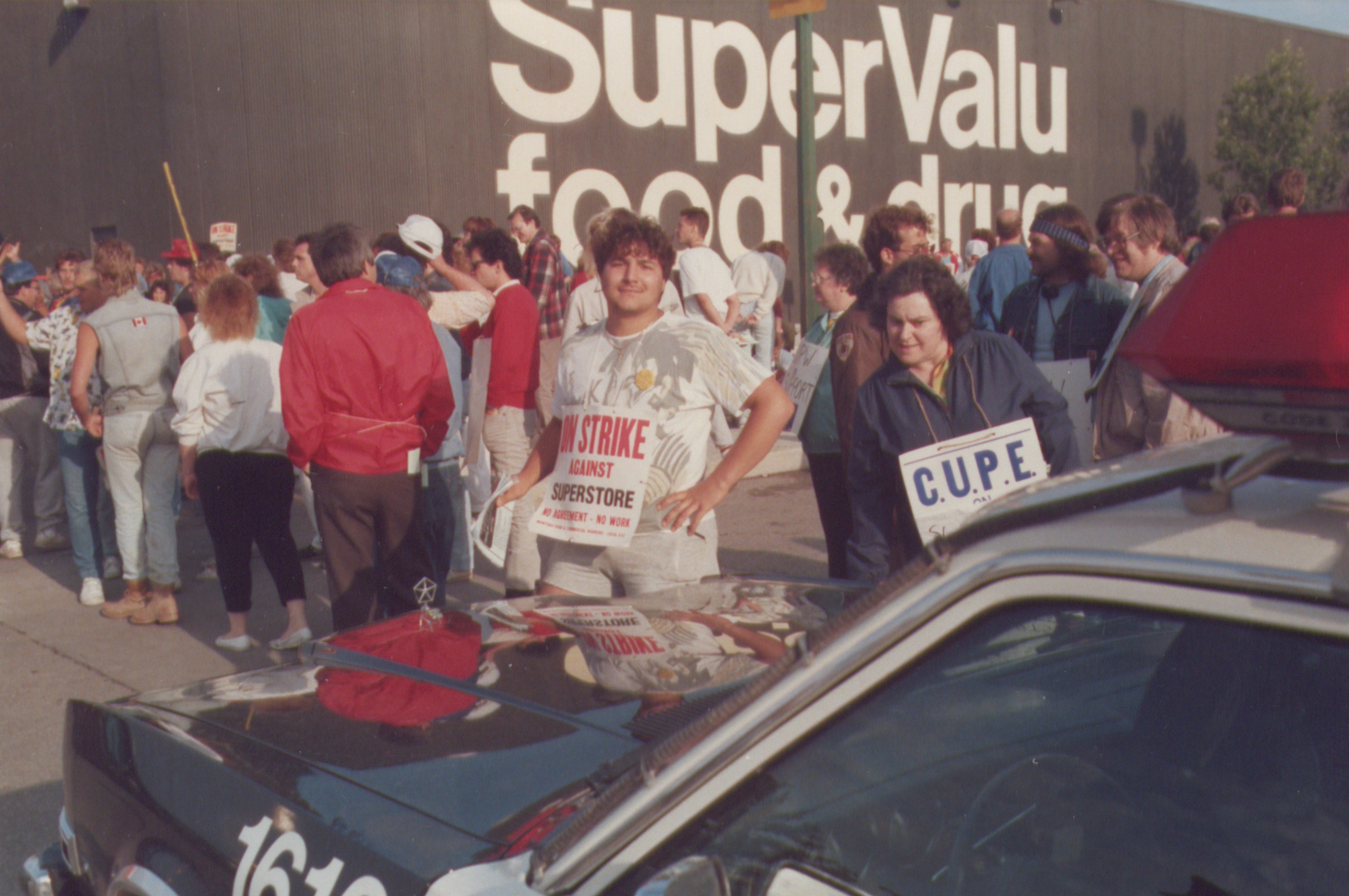Blog:
Final Offer Selection in Manitoba

While it is common for some to view the labour movement as a monolith, in practice this is rarely the case. One of the more pronounced examples of the splits that can happen within the labour movement occurred when the 1980’s NDP government put forward Final Offer Selection legislation (FOS). The legislation was meant to be a happy political medium for the NDP government in terms of labour legislation short of the anti-scab legislation all unions wanted but enough to retain general union support for the government. However, it quickly the split the labour movement and created a contentious relationship labour the NDP and some of Manitoba’s most prominent unions.
Final Offer Selection was first introduced by then NDP government lead by Howard Pawley in a 1984 White Paper on labour reform. Final Offer Selection requires that either before or after a work stoppage begins that both the union and employer submit to third party arbitration and offer their final offers to the arbiter to pick one of the two final offers. The thought was that FOS would cut down on the number of long and volatile strikes.



Workers striking outside of Super Value grocery store, 1987.
FOS was contentious for unions because it highlighted the contradictions within the labour movement at the time. On the one hand FOS would help smaller bargaining units in faster growing parts of the economy like retail and service industry but, on the other hand, many larger unions, especially in the public sector, feared FOS would erode the right to strike and free collective bargaining.
The United Steel Workers supported FOS because of a dwindling membership that eroded the resources to sustain strikes. UFCW local 832 welcomed FOS because of issues with smaller bargaining units being de-certified after long strikes. The MGEA (now MGEU) supported FOS because, in the words of then president Gary Doer, it would promote labour peace and harmony.
CUPE, CUPW, MONA and Garment Workers all opposed FOS because they felt it would erode the right to strike and free collective bargaining. In particular the public sector unions were worried that anti-labour governments could use FOS to stop strikes all together, a fear based on experiences with federal and other provincial governments. Paul Moist, then president of CUPE, resigned from his position at the Manitoba Federation of Labour over FOS. The Winnipeg Labour Council was threatened with a trusteeship by the CLC for interfering in provincial matters because of its vocal opposition to FOS.
The Westfair (Superstore) strike of 1987 was used by those on both sides of the debate to justify their support or opposition to the legislation. The long and confrontational Superstore strike was used by the NDP to justify FOS. The Progressive Conservatives at the time referred to the bill as the bail out of Bernie referring to then UFCW local 832 President Bernard Christophe.
Ultimately FOS died with the election of a PC government in 1988 under Gary Filmon. What we can take away from the case of FOS in Manitoba in the 1980s are the various contours and splits within the labour movement that are just below the surface that the labour movement has to overcome to maintain solidarity.

